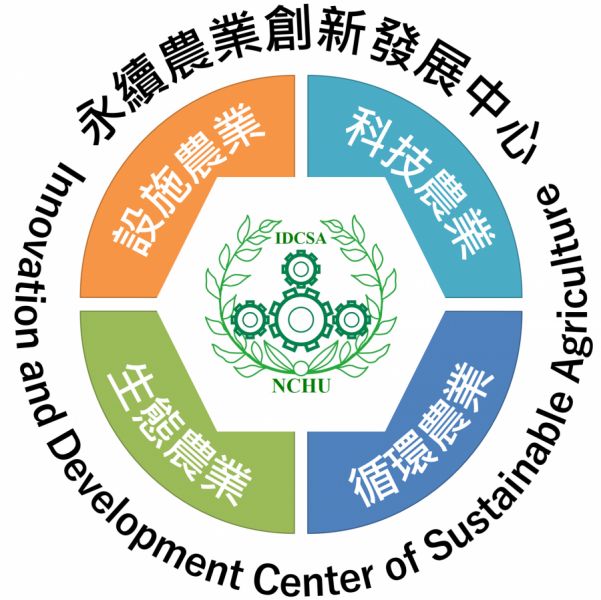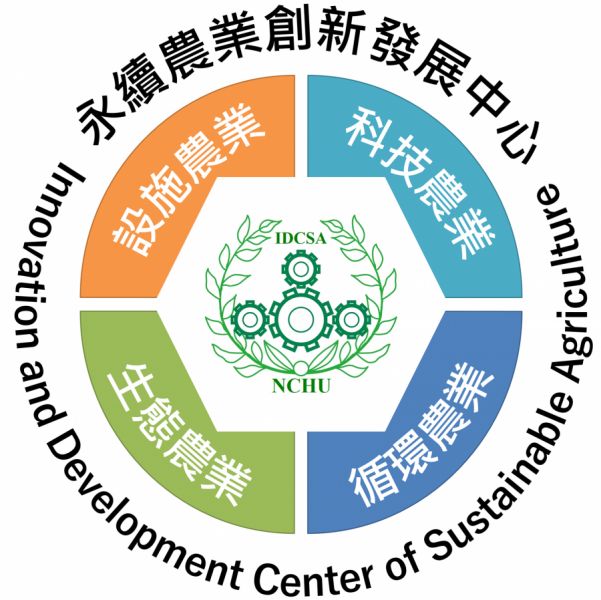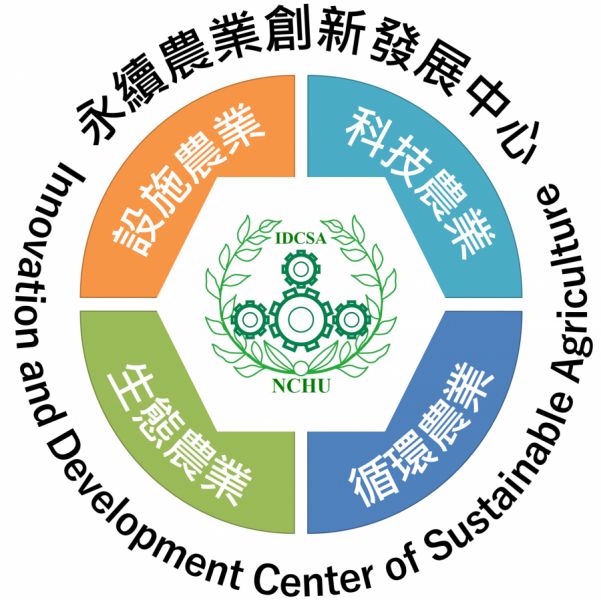2021 Focus:
This project focuses on the application of novel materials in agriculture and to analyze their effects on plant health. Furthermore, uncovering the mechanisms of how novel materials inhibit pathogens or increase plant growth. In combination of academic theory and practical applications, the effects of novel materials are examined through several experiments. Two key research topics in 2021 were performed, and the results are as followed:
1. Development of novel materials in intergrated disease management:
Multibranched flower-like nano zinc oxide (3D nZnO), provided from sub-project investigator professor Han-Yu Hsueh, were used to identify their excessive value in agriculture. This year we have applied the 3D nZnO in strawberry cultivation. Our research showed intergrated application of 3D nZnO and fungicide could improve the efficacy of fungicide as well as interfere the fungicide resistance of plant pathogen. This integrated application method is now applying the patent and preparing for cooperation with an international agrochemical company. We will continue to focus on understand the mechanisms of how 3D nZnO interfere the fungicide resistance of plant pathogens.
2. The assessment platform (Arabidopsis thaliana) for novel materials:
This year we applied two beneficial microbes (BM103 and BM02) on model plant Arabidopsis thaliana for the preliminary assessment of the platform. Our results suggest that the application of BM103 on Arabidopsis enhanced the tolerance to heat and drought stresses. The transcriptome of Arabidopsis in interaction of Arabidopsis-BM103-stresses were further analysed. We have identified approximately 152 differential expressed genes (DEGs) that is uniquely expressed in BM103 treatment or abiotic stresses. A weighted expressed genes correlation network analysis (WGCNA) was applied for select the hub genes related to interactions. The hub genes were later found to enrich in phenylpropanoid pathway. The selected genes from DEGs or WGCNA will later used to assess the performance of novel materials (nanomaterials or beneficial microorganisms) on A. thaliana.
2022 Focus:
Based on the results of 2021, we will further discover the mode of actions of novel materials on interfering with the fungicide resistance of pathogens. Furthermore, the beneficial effects and/or the mechanisms of enhancement from novel materials will be examined on the Arabidospsis platform.
Subproject 5 : Application of Novel Material in Plant Health Care Physiological Mechanism 2021-12-31




